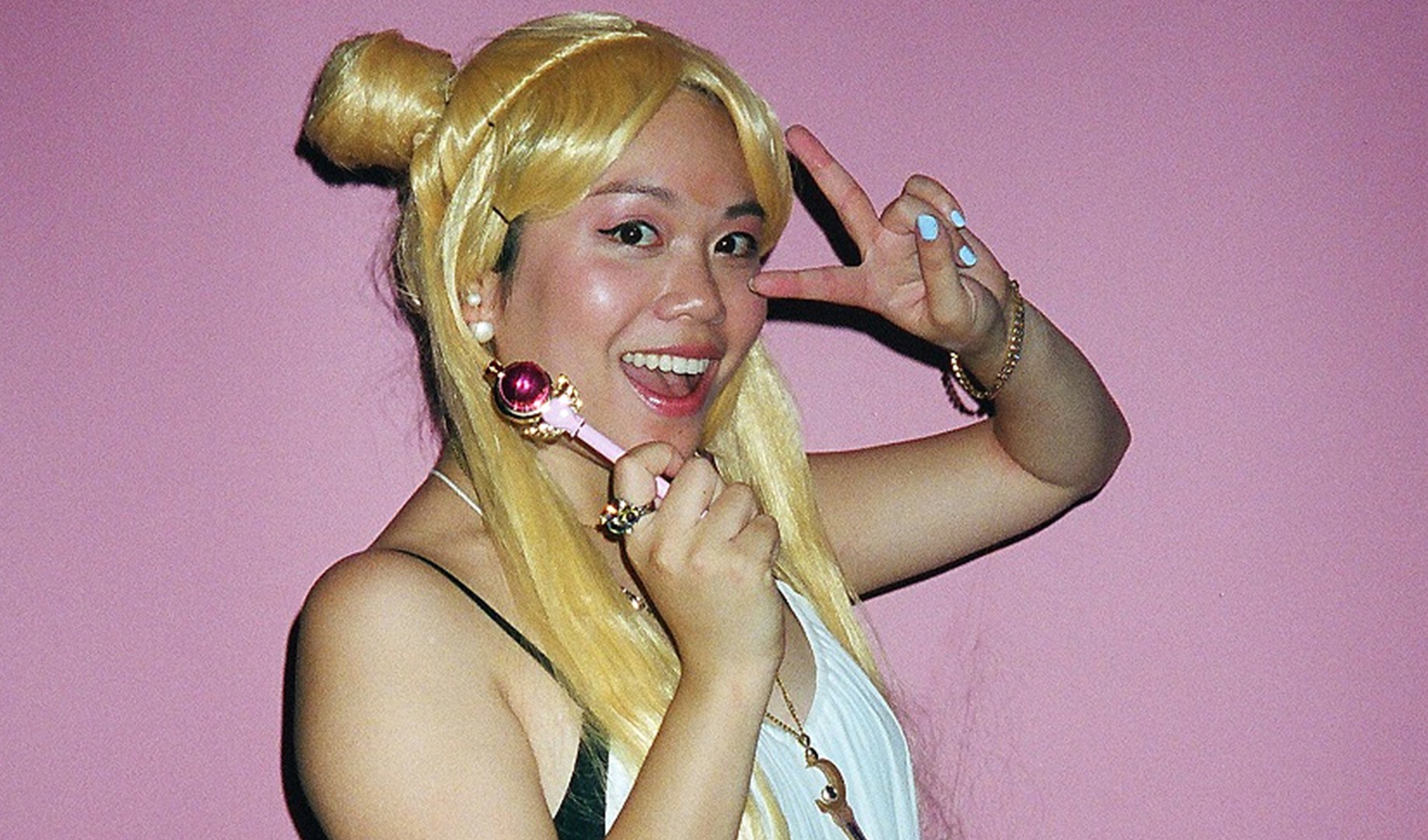Image courtesy of BBC America.
“Has anyone seen my girlfriend?” reads a billboard advertising the show Killing Eve. “Have you told your husband about us Eve?” reads another. Both seem fitting to promote a show that follows a titillating cat-and-mouse chase between its two leads, Eve (Sandra Oh) and Villanelle (Jodie Comer). Over the course of the show, a mutual obsession has blossomed between Eve, an MI6 agent, and Villanelle, an assassin and the target of Eve's investigation. Both women are consumed with each other, that’s clear—and for Villanelle, an openly queer character, the attraction borders on the psychosexual. But when season two ended this past weekend without a single kiss or touch between the two women, fans have started asking: is Killing Eve queerbaiting us?Queerbaiting in TV is nothing new. Shows like Supernatural and Rizzoli & Isles have been accused of hinting at a same-sex relationship between their lead characters to entice a queer audience but never bringing them to fruition. For queer fans, this can be extremely frustrating—meaningful queer narratives are already so scarce in film and TV that when a show hints at queerness then tears it away, it sends a message that these stories aren’t important enough to be told outright. Earlier this week, Lesbian Twitter nearly imploded when Gay Times published an interview with Sandra Oh and Jodie Comer in which Oh seemed to shoot down any hope of a romantic relationship between Killing Eve’s main characters. The combination of this interview and the lack of on-screen steam in the season finale led to a storm of queer anger on social media.This potential sexual attraction has also been a focal point of the show's marketing campaign. In addition to the billboards, the show’s official Instagram account has highlighted seductive images of the women, and posted quotes that emphasize their possible romantic relationship.
Earlier this week, Lesbian Twitter nearly imploded when Gay Times published an interview with Sandra Oh and Jodie Comer in which Oh seemed to shoot down any hope of a romantic relationship between Killing Eve’s main characters. The combination of this interview and the lack of on-screen steam in the season finale led to a storm of queer anger on social media.This potential sexual attraction has also been a focal point of the show's marketing campaign. In addition to the billboards, the show’s official Instagram account has highlighted seductive images of the women, and posted quotes that emphasize their possible romantic relationship.
Advertisement

The Gay Times reported that Oh was “quick to dismiss” a possible romance between Eve and Villanelle and maintained that the storyline was “not a focus or a message” that Killing Eve was built around. “You guys are tricky because you want to make it into something… but it just isn’t,” she continued. Oh’s sentiments felt like a significant deviation from the narrative the show has been pushing. Villanelle calls Eve her “girlfriend” and in one episode of the second season Eve bones her coworker while listening to Villanelle (who was wearing a wire so they could communicate) masturbate in her earpiece. Killing Eve doesn’t just flirt with a budding romance between its leads, it’s arguably centered around it.
Advertisement
Until the last minutes of the season finale, the images and marketing campaigns seemed to be justified. Eve and Villanelle nearly run away together to start a new life, but at the last moment, Eve rejects Villanelle and Villanelle shoots Eve, possibly killing her. This left audiences wondering: Will these women ever get together? And if they don’t, have the Sapphic promo images been promising something to LGBTQ fans that the show was never going to deliver on?Fans and critics alike were disappointed by show’s season finale. Caroline Framke at Variety called it “inert,” adding, “It’s one thing to play with the idea of forbidden queer desire, and quite another to endlessly tease it out without a tangible point in sight.”Jordan Crucchiola, a queer writer at Vulture, told VICE, “LGBT fans of the show are reading [the show] as queer… because it absolutely is! That’s how it is written. The ‘Will they? Won’t they?’ tension between the two leads is the bedrock of the show, and why every single person I know who watches it deeply cares about these characters.” She adds, “This show is not queer subtext. It’s text. And having that hedged against by the people making it is a very confusing party line to take.”Superfan @darlingeve felt similarly, and said over DM: “It’s hard to hear a leading actress say something that seems to contradict the text and marketing of the show,” adding, “It seems like we are watching an entirely different show than the cast and team being interviewed.”Another fan tweeted, “It is starting to feel like we are being gaslighted into believing that we made up the romantic nature of Villanelle and Eve’s relationship, when it has been clear on our screens from the very beginning.” She added, “If we are grasping onto ‘subtext’ that isn’t there, why is the promotional material for Killing Eve so obviously geared towards an LGBTQ audience in an attempt to get us excited about a potential romance that the behind the scenes team is tearing down?”It's hard to say if these events will affect Killing Eve's fervent queer fanbase. However, if things continue to spiral toward heterosexuality in season three, or if fans consistently feel shafted, used, or baited by the show, a zealous backlash from the LGBTQ community wouldn't be surprising given this latest outpouring. But as of yet, there are still queer fans who are standing by the show.As viewers eagerly await the debut of season three, the desire for some kind of resolution in the will-they-won't-they plot line will only grow. Hopefully those “Sorry, baby” billboards aren’t a message to queer fans everywhere.
